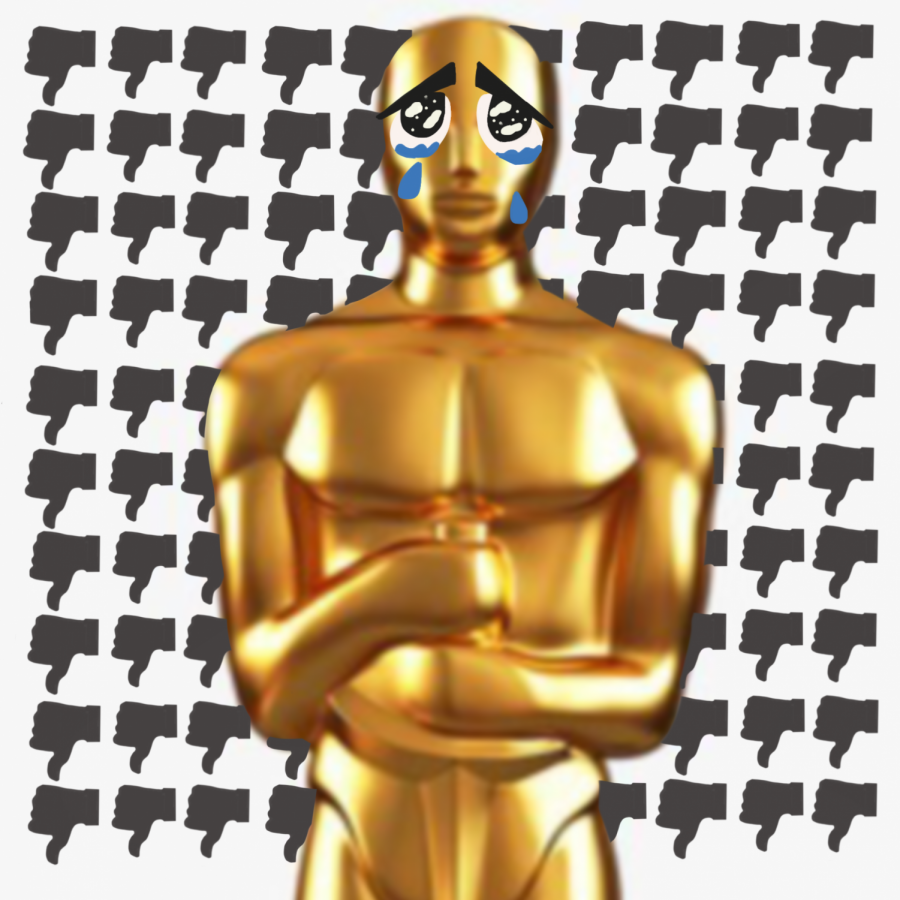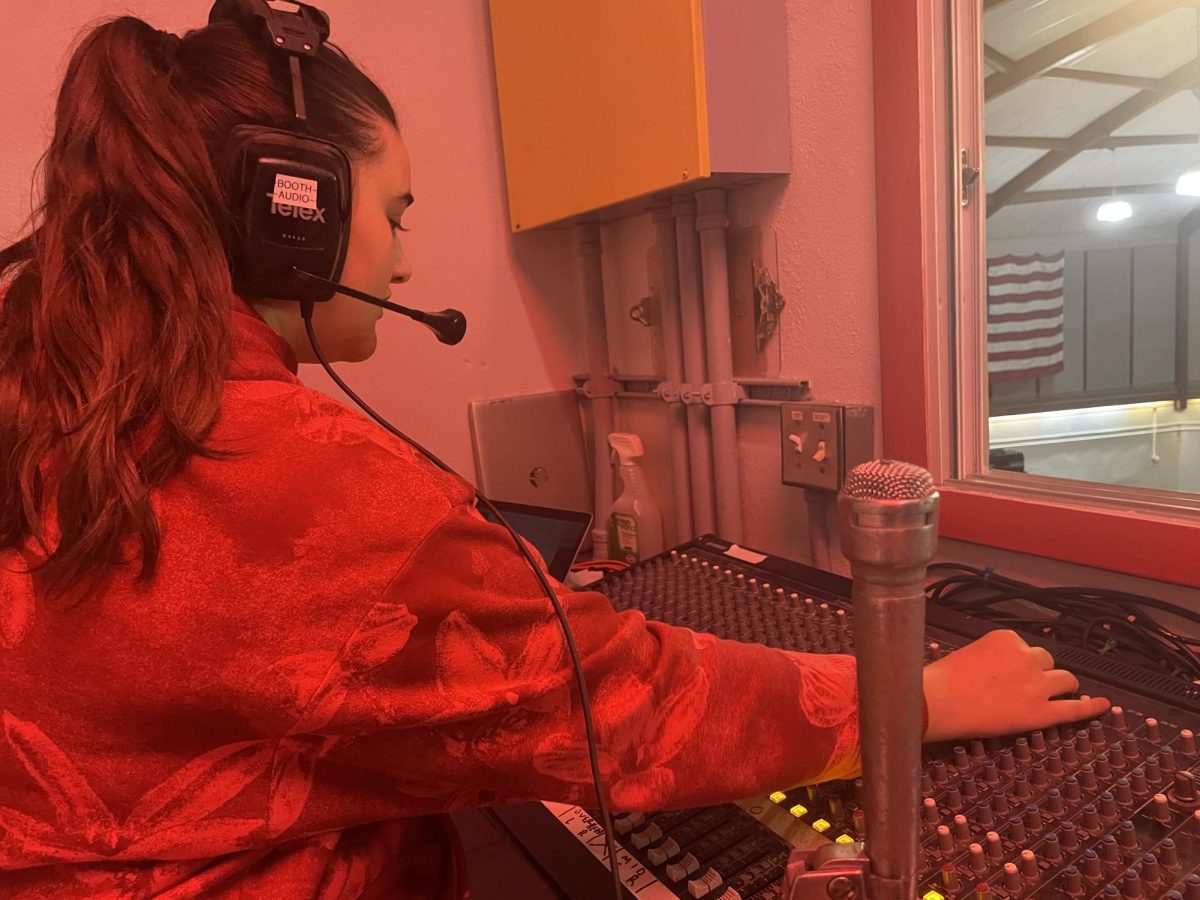What Happened to The Oscars?
The declining quality of the Oscars has been met with criticism and disappointment from the masses
Feb 26, 2019
Sensationalism. Polarity. Suppression. Any one of these, or a combination of them, can be the reason behind the decline of The Oscars as a pillar of both film criticism and pop culture. For the first time in 30 years, the pinnacle of cinema is without a host. Comedian Kevin Hart withdrew from the position after backlash over homophobic tweets he made five years ago, and had already apologized for. This did not seem to be enough for a loud minority of viewers that were outraged at Hart’s refusal to address a controversy that he had already taken heat for and subsequently recanted. This crowd needed to see Kevin Hart beg for their mercy. They needed to drag him through the mud once again if he really wanted to host The Oscars. Outrage over Hart’s tweets is justified; they were blatantly homophobic. Outrage over his refusal to apologize for a second or third time is ridiculous and sadly representative of a sensationalist society that takes to social media to attack anyone for anything.
“The Oscars just don’t have the same appeal anymore. The jokes aren’t funny, performances as good as Lady Gaga’s are few and far between,” senior Angelle Garcia said.
The critical aspect of The Oscars, that which provides the most coveted award in cinema, has received much grief from critics outside the Academy for their recent choices. The Best Picture winner of 2019, “Green Book,” was referred to as the worst winner in the show’s most prestigious category in over 15 years. Many felt that the award was given more for the idea behind the movie, rather than the actual film itself. Criticism surrounding the decision to award Best Editing to “Bohemian Rhapsody” was deafening, as was Christian Bale’s snub for Best Actor. While there is controversy every year regarding winners and losers, the backlash to some of the decisions seems overwhelmingly political, as do the decisions themselves.
The Oscars not only lost a host, they also failed to secure a new one with around two months before the show. The draw to host one of the biggest non-sporting events in the U.S. is largely gone. When potential hosts combine the amount of preparation needed to come up with jokes that will actually land and not offend anyone, which is for the most part impossible, with the newfound spotlight shining on them, the risks outweigh the rewards. There is no reason to spend months working with a team to write a script, then watch as an angry mob pulls out statements you made a long time ago and force you to apologize, for only 15 thousand dollars. It also does not serve as a platform for any potential host to broaden their audience, since The Oscars rarely choose someone that is not already established. This is why Billy Crystal has hosted the show 8 times. A ninth appearance may be the only way to ensure that the next Oscars does not end up at the bottom in all-time views for a third year in a row.













